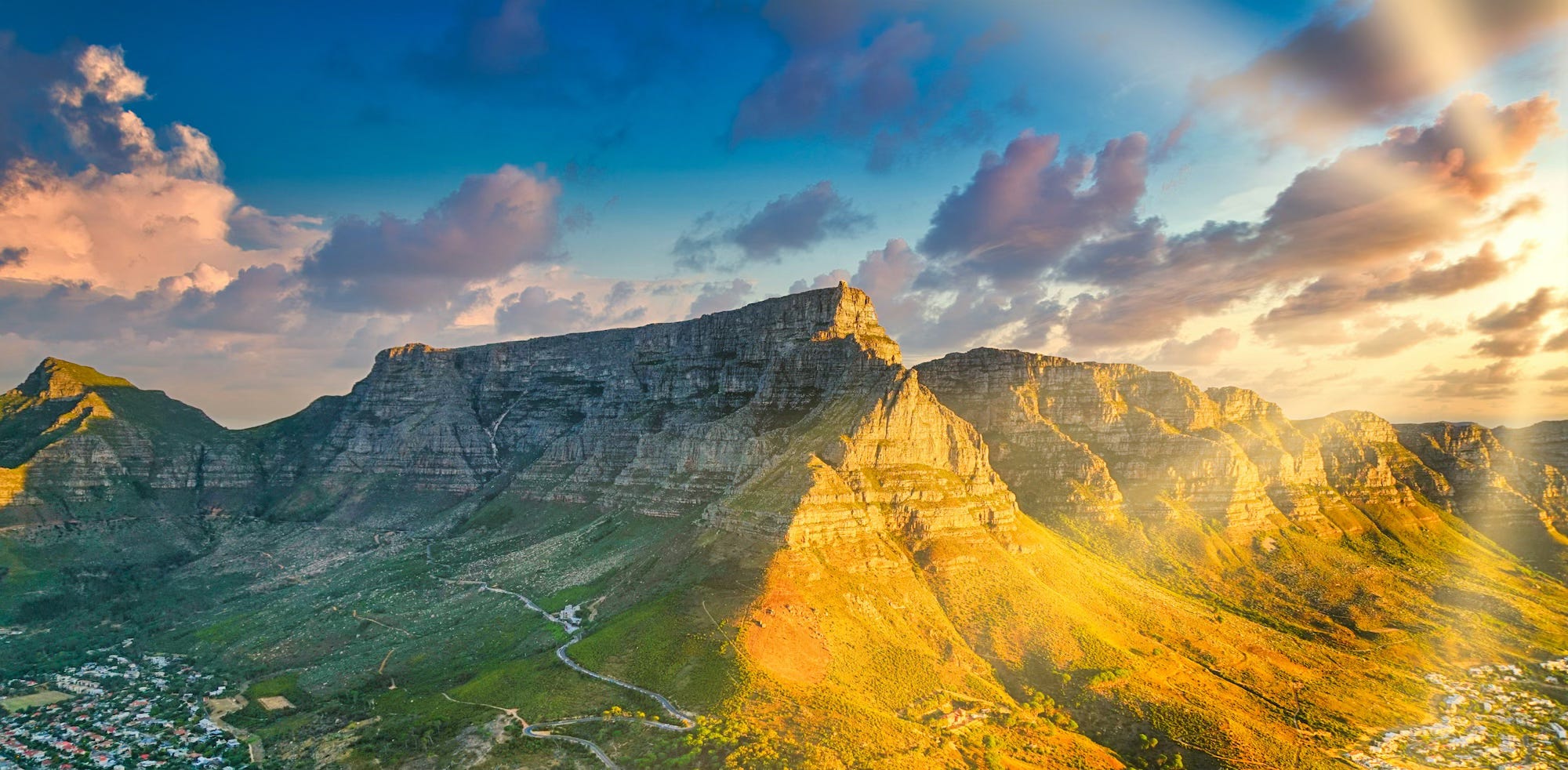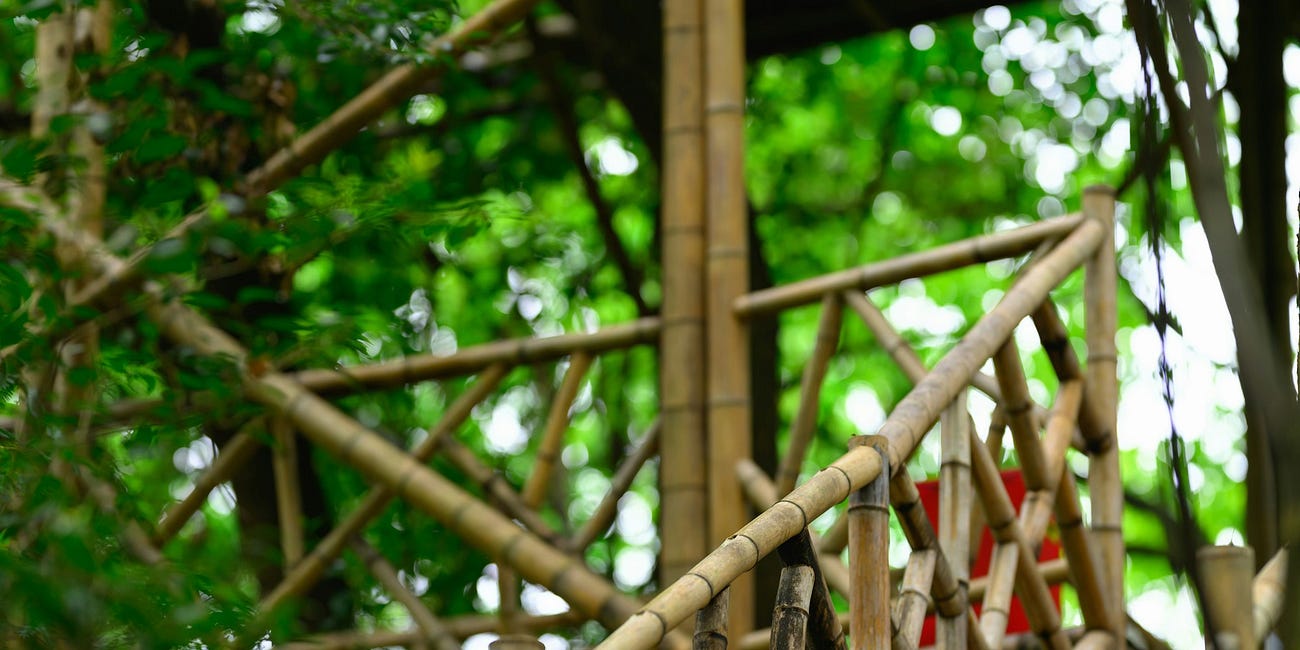
A common theme in all the feedback I’ve received to the pre-publication of Boer Maak ’n Plan is the need for an easy-to-understand model or framework of what the book calls for. This is no easy task because of the multi-disciplinary and cross-sectoral approach the book takes. Challenging, but not impossible.
Introducing RISE—Resilient Integrated Stewardship Ecosystems—a revolutionary framework that promises to transform how we approach environmental restoration, community empowerment, and societal resilience.
At its core, RISE is a call to action for a new kind of collaboration—one that transcends the traditional (governance) boundaries of public, private, and community sectors. It’s a framework that recognises the interconnectedness of our ecosystems, economies, and societies, and provides a roadmap for harmonising them. RISE appeals to the Private, Public and People sectors.
The name captures several key aspects of the Boer Maak ’n Plan approach:
Resilient: Directly addresses the core concept of building resilience against systemic shocks (social, ecological, and economic).
Integrated: Reflects the holistic approach of the framework, combining ecological restoration, community empowerment, corporate engagement, and economic innovation.
Stewardship: Emphasises the responsible management and care for living ecosystems while hinting at the upcoming shift from ownership to stewardship.
Ecosystem: Represents both the natural ecosystems being restored and the interconnected system of tokens, governance, and stakeholders that make up the framework.
The acronym RISE also carries a number of inspiring connotations:
It suggests upward movement and improvement, aligning with the goal of elevating both ecological and community conditions.
It evokes the image of rising water levels in restored river basins and healthy hydrological cycles.
It implies resilience in the face of challenges, as in “rising to the occasion.”
Why RISE, Why Now?
Our world stands at a crossroads. Skyrocketing unemployment breeds despair and social ills. Political will wavers in the face of urgent environmental and ecological needs. Traditional financial systems cannot justify supporting much-needed regenerative work. But within these challenges lie unprecedented opportunities for transformation.
RISE addresses these issues head-on by:
Creating meaningful, purposeful work outside cities, restoring not just landscapes but hope and purpose to rural communities.
Bypassing political inertia by empowering communities and businesses to take direct action in impactful ways.
Pioneering new forms of governance that prioritise nature over capital, bringing together the emerging “Fourth Sector”—a coalition of forward-thinking individuals from all walks of life and all three existing sectors.
What Makes RISE Unique?
Unlike traditional top-down or market-driven approaches, RISE facilitates and enables society-wide collaboration. It’s not about the invisible hand of the market or state coercion—it's about conscious, coordinated action towards shared goals.
RISE draws inspiration from successful large-scale cooperatives like Mondragon in Spain and Buurtzorg in the Netherlands, proving that alternative models of coordinating human drive, creativity, and passion can thrive at scale. But it goes further, integrating cutting-edge technologies to create a system that's transparent, efficient, and adaptive.
A Vision for the Future
While RISE is starting its journey in South Africa, its scope is global. The ultimate aim? To see every river basin in the world operating within some form of the RISE model. From Africa, it will expand to other developing nations in the global south, eventually reaching Europe and North America.
Imagine the impact: restored living ecosystems, revitalised rural economies, and entire societies resilient to social, ecological, and economic shocks. This isn’t just about surviving in the face of the metacrisis—it’s about thriving in harmony with natural living systems and our planet.
RISE in Action
As we speak, the first RISE living laboratory is being established in Genadendal, Western Cape, South Africa. This pilot project will demonstrate the power of the RISE framework in real-world conditions, paving the way for wider adoption.
RISE doesn’t stand alone. It’s part of a growing movement of initiatives reimagining our relationship with the environment and each other. From the P2P Foundation to Grassroots Economics, from DeFi to ReFi projects, RISE is in good company with others which play in this space:
and many, many others.
There are also inspiring alternative, bottom-up financing models emerging like:
Ernesto van Peborgh’s Whitepaper for Designing Nature Finance
Carol Sanford’s Regenerative Economics
and many, many others.
Your Role in the RISE Revolution
The power of RISE lies not in the framework, but in the people who commit to bringing it to life. That’s where you come in. Here’s how you can be part of this transformative journey:
Help refine: RISE is a conceptual model built on many disparate frameworks. What have we missed? Leave a suggestion in the comments.
Spread the word: Share the RISE concept with your networks. The more people who know about RISE, the stronger its impact.
Advocate for RISE in your community: Speak to local leaders about implementing RISE principles in your area.
Stay informed: Subscribe to Boer Maak ’n Plan for deep dives into different aspects of RISE, from its innovative token system to its governance structure.
Get involved: As RISE expands, there will be numerous opportunities to participate directly in projects and initiatives.
RISE is more than a framework—it’s a movement, a new way of thinking about our place in the world and our relationships with each other and nature. It’s ambitious, yes, but in the face of our global challenges, ambition is exactly what we need.
Here is the RISE Framework:
RISE—Resilient Integrated Stewardship Ecosystems Framework
This comprehensive framework outlines the key components and processes of the RISE model. It provides a holistic view of how RISE aims to address ecological restoration, community empowerment, and economic resilience through innovative governance and financial mechanisms. Layers of the framework will be added to in time.


